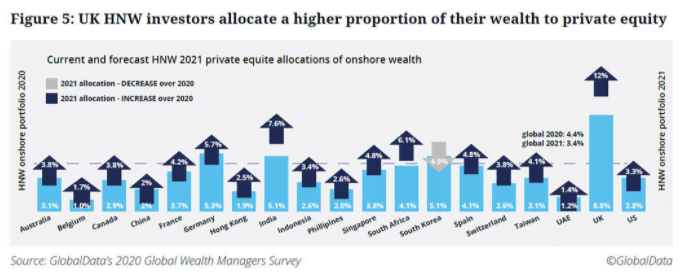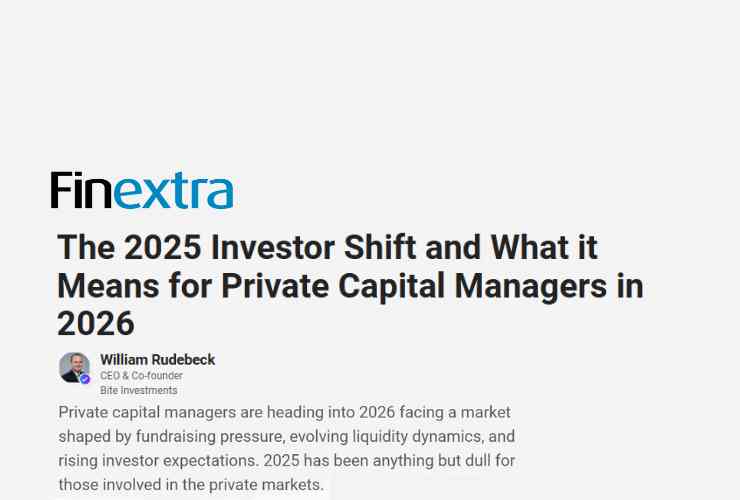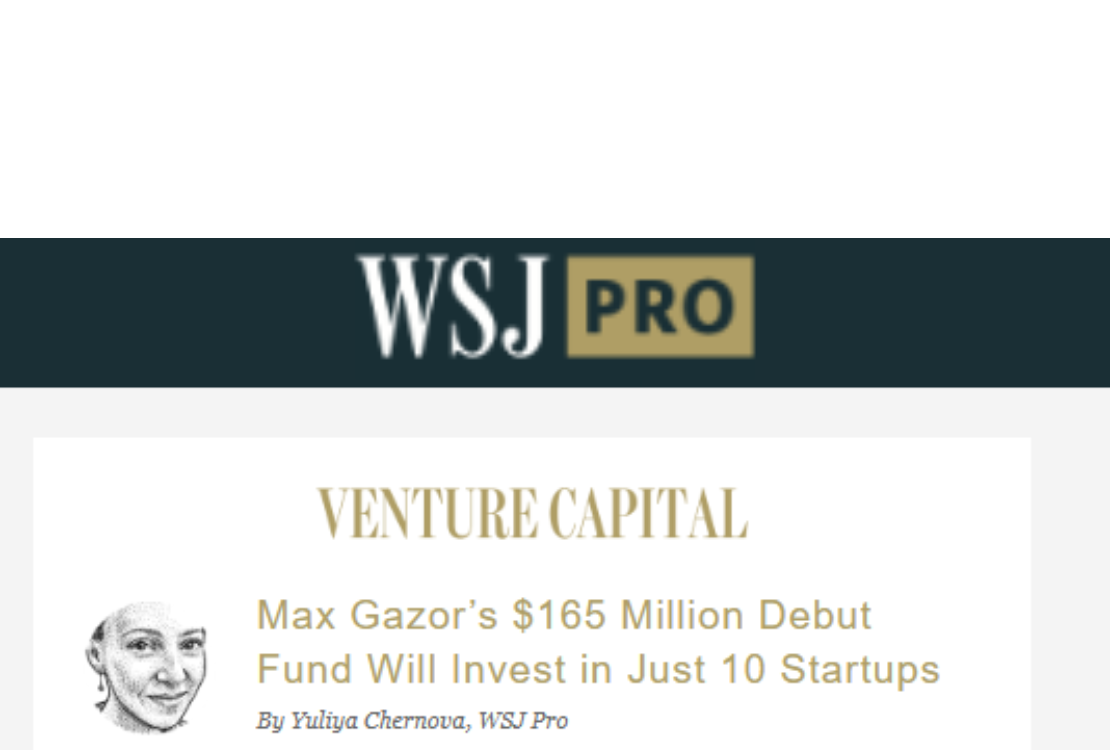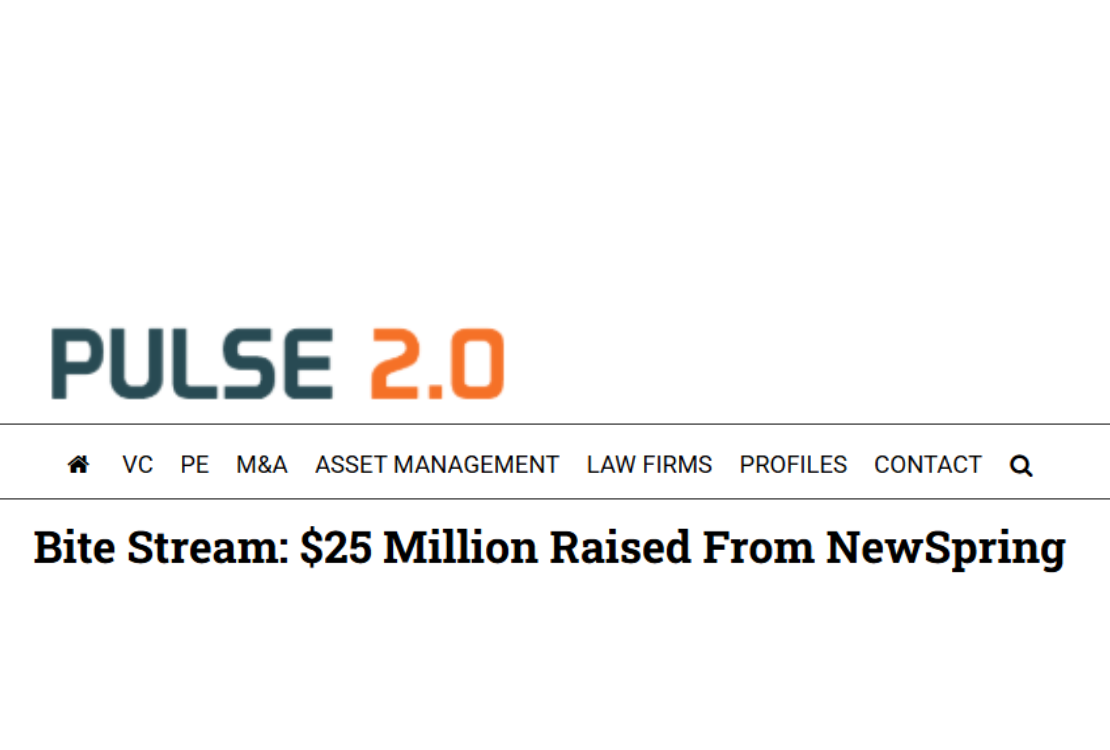Alternative investment platform Bite Investments’ CEO believes technological improvements can help address some of the challenges for wealth managers who want to offer private equity to clients.
High net worth investors are expected to allocate much more of their capital to private equity, with Bite Investments predicting an annual growth rate of 9% between December 2020 and 2024.
Currently, HNW investors allocate 3.4% of their onshore wealth to private equity – referring to the local investors’ financial assets booking in a particular country – but a desire for uncorrelated returns in volatile markets will drive an increase in this amount.
By the end of this year, the proportion of onshore wealth HNW investors allocate to private equity is expected to increase by 4.4%, the alternatives investment platform said in a new report.
HNW investors in the UK have the highest allocation with 8.8%, while the Chinese market remains largely untapped at just 2%. Currently, only 40% of wealth managers offer private equity investments, despite increased demand, according to Bite.

‘There is considerable attention now focused on the private equity market,’ said William Rudebeck, CEO of BITE. ‘In an environment of high volatility, private equity has performed well and is forecast to continue its climb over the next few years as more HNW individuals seek a greater ROI.’
‘Of course, capturing the growing opportunity in private equity depends on several key factors. At the top of the list are efficient, fully integrated technologies which deliver a seamless investment process from diligence, compliance and know your customer (KYC) steps, to investment selection and monitoring.’
He added that majority of wealth managers typically don’t offer private equity investments to clients because of the daunting due diligence requirements, as well as regulatory compliance.
Another obstacle is the high minimum investment sizes that are required to gain access to funds, and problems with liquidity due to long lock-up periods, Rudebeck said. However, improvements in technology should help address some of these issues, he added.
Private equity is the dominant asset class HNW investors are allocating to in alternatives, currently they invest 10.4% of their onshore portfolio to alternatives overall.
Capital appreciation considerations, a greater need for diversification, rising investor sophistication, and perceptions of exclusivity are key themes driving demand for private equity, Bite said. In addition, the high return prospects make private equity more attractive.
Pengana Capital data has shown that the pooled returns of limited partners were almost twice as high as the public market equivalent of the S&P 500 in the US over a 20-year time horizon, Bite noted. In Europe the pooled returns of LPs were 14.1%, while the public market equivalent of the MSCI AC Europe was 5.4%.




